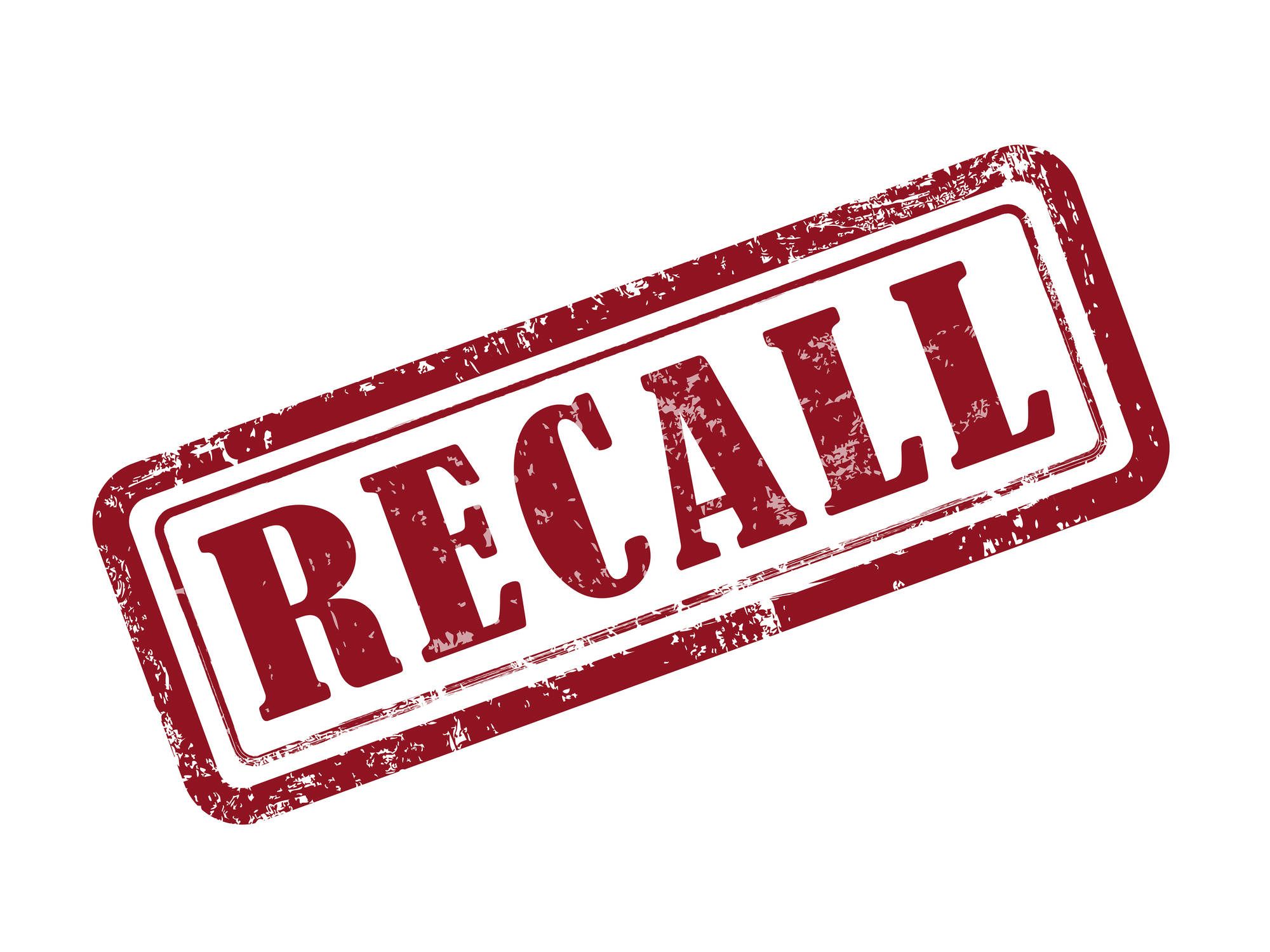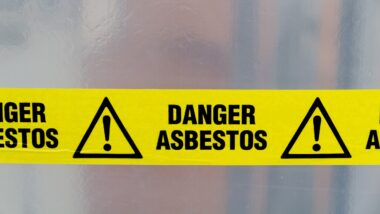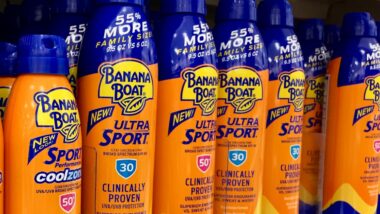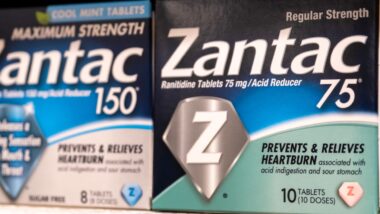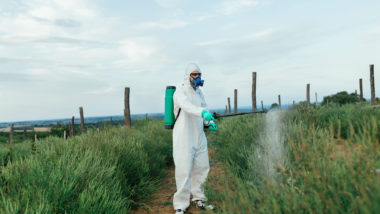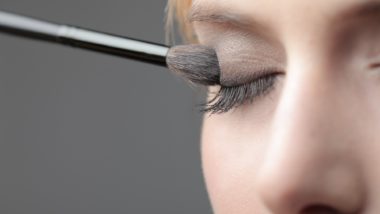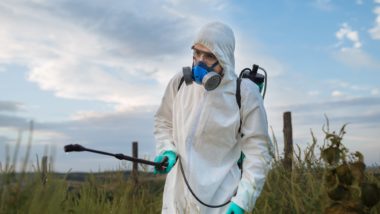Top Class Actions’s website and social media posts use affiliate links. If you make a purchase using such links, we may receive a commission, but it will not result in any additional charges to you. Please review our Affiliate Link Disclosure for more information.
Johnson & Johnson’s baby powder recall of 33,000 bottles of their iconic product has placed a new focus on lab testing for asbestos contamination.
The U.S. Food and Drug Administration (FDA) found a sample of Johnson’s Baby Powder tested positive for asbestos, but the FDA also noted in the press release that no one has reported adverse events linked to the lot of baby powder.
However, anyone who has used the affected talcum powder products might not realize any implications for quite a long time. Indeed, the American Cancer Society says that asbestos exposure takes anywhere between 20 years and 50 years to produce lung cancer or mesothelioma.
Mesothelioma is a cancer of the lining of an organ, and the most common type is pleural mesothelioma. This type of mesothelioma starts in the pleura, which is the lining of the lungs.
Johnson & Johnson continues to insist its products are asbestos-free in light of the lab’s findings.
In a twist of irony, the lab that found the six chrysotile asbestos fibers was AMA Analytical Services Inc., which is owned by Andreas Saldivar. Since 2017, Saldivar has provided testimony on behalf of Johnson & Johnson during trials alleging the company has known for years its talc-based products have been tainted with asbestos and have been the root cause of many cases of cancer, Reuters found in an investigation.
On Oct. 29, Johnson & Johnson issued a press release saying that the test that found a sample positive for asbestos was conducted in a room where a portable air conditioner was found to contain asbestos. The company insisted that when samples were tested in other rooms, no asbestos was found.
When Reuters asked if the FDA had any questions regarding the validity of the test that found the asbestos, the FDA said it had full confidence in the lab’s findings. The regulatory body also said asbestos might not be found in every sample of talc taken from the same bottle simply because the talc might not be uniformly contaminated.
Talc and asbestos often are found together or at least in close proximity to each other, naturally in the environment. Johnson & Johnson continues to face multiple lawsuits regarding allegations its talcum powders caused ovarian cancer, and more recently, that its talcum powders have been tainted with asbestos, giving rise to mesothelioma and lung cancers.
Some lawsuits allege that Johnson & Johnson was aware of the risks of asbestos contamination linked with its talcum powder products, yet chose to conceal this information, withholding test results from government regulating agencies and the public.
Johnson’s baby powder recall leaves doctors divided
SELF Magazine spoke with Mary Jane Minkin, M.D., a professor of obstetrics, gynecology, and reproductive sciences at Yale University, who said the positive asbestos test could have been a “fluke” and that she has no hesitations about her patients using talcum powder despite Johnson’s Baby Powder Recall.
Asbestos issue aside, Dr. Daniel W. Cramer of the Obstetrics and Gynecology Center at Brigham and Women’s Hospital in Boston said in 1982 that he found a link between the use of talc in the genital area and the increased risk of a person developing ovarian cancer.
Dr. Cramer and fellow researchers followed up in 1999 with a study that compared those who used talcum powder in genital hygiene and those who did not. Researchers said, “We conclude that there is a significant association between the use of talc in genital hygiene and risk of epithelial ovarian cancer that, when viewed in perspective of published data on this association, warrants more formal public health warnings.”
Do YOU have a legal claim? Fill out the form on this page now for a free, immediate, and confidential case evaluation. The attorneys who work with Top Class Actions will contact you if you qualify to let you know if an individual lawsuit or class action lawsuit is best for you. [In general, baby powder cancer lawsuits are filed individually by each plaintiff and are not class actions.] Hurry — statutes of limitations may apply.
ATTORNEY ADVERTISING
Top Class Actions is a Proud Member of the American Bar Association
LEGAL INFORMATION IS NOT LEGAL ADVICE
Top Class Actions Legal Statement
©2008 – 2024 Top Class Actions® LLC
Various Trademarks held by their respective owners
This website is not intended for viewing or usage by European Union citizens.
Get help – It’s free
Join a free baby powder cancer class action lawsuit investigation
If you used Johnson’s Baby Powder, Shower to Shower, or another talcum powder product and were diagnosed with ovarian cancer, you may have a legal claim. Family members of loved ones who died of ovarian cancer can also join. Submit your information now for a free case evaluation.
An attorney will contact you if you qualify to discuss the details of your potential case at no charge to you.
PLEASE NOTE: If you want to participate in this investigation, it is imperative that you reply to the law firm if they call or email you. Failing to do so may result in you not getting signed up as a client or getting you dropped as a client.

